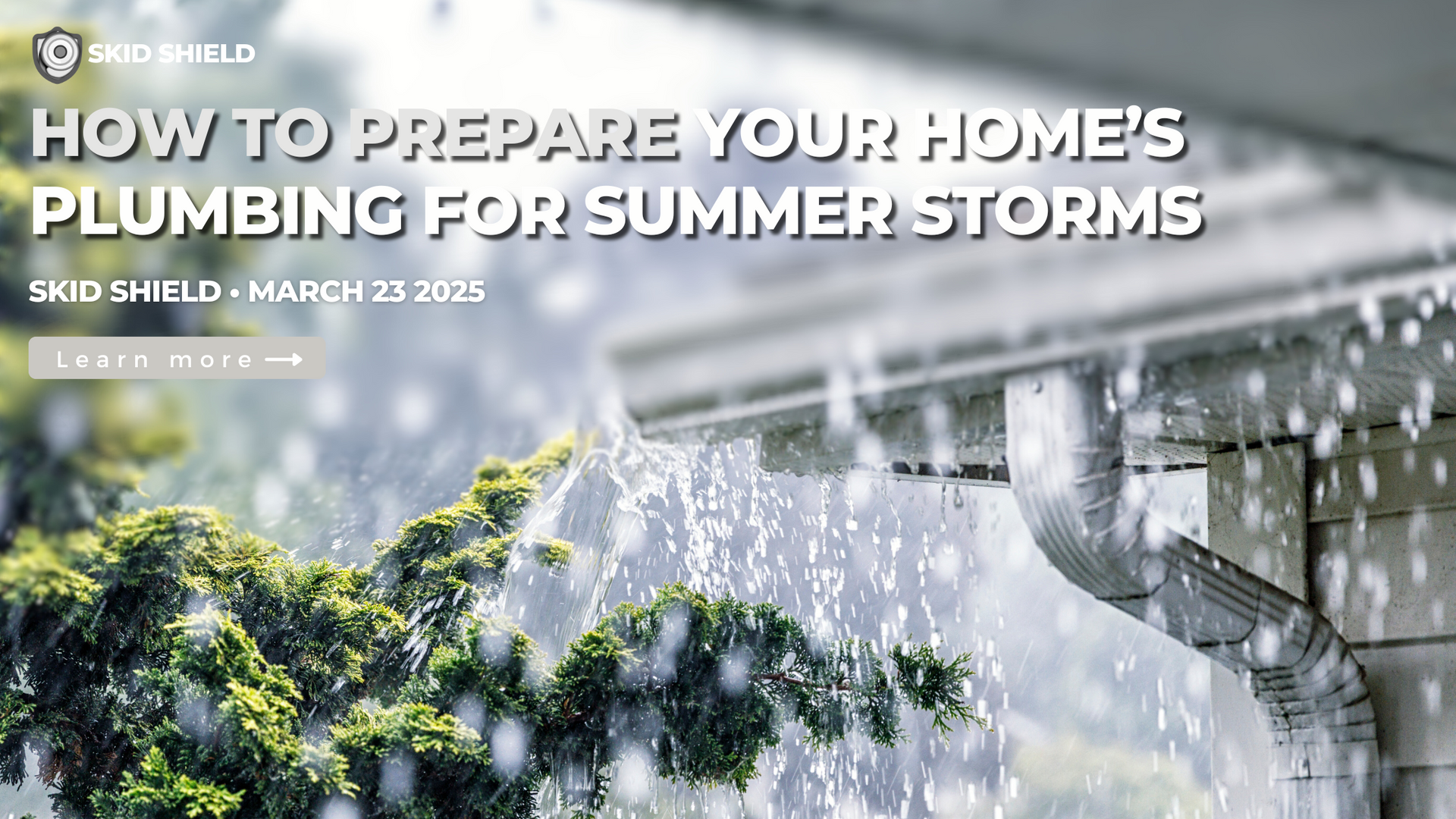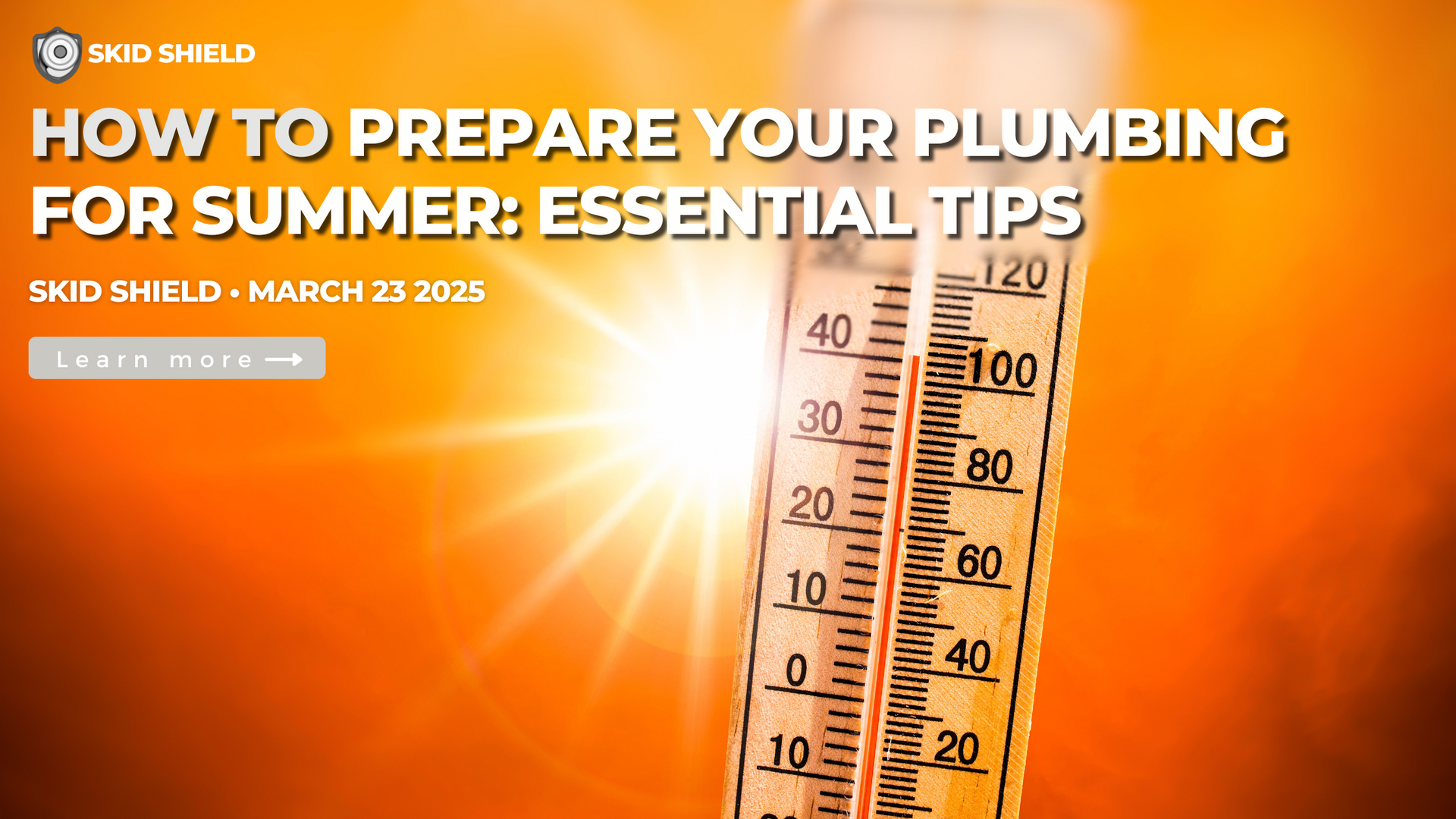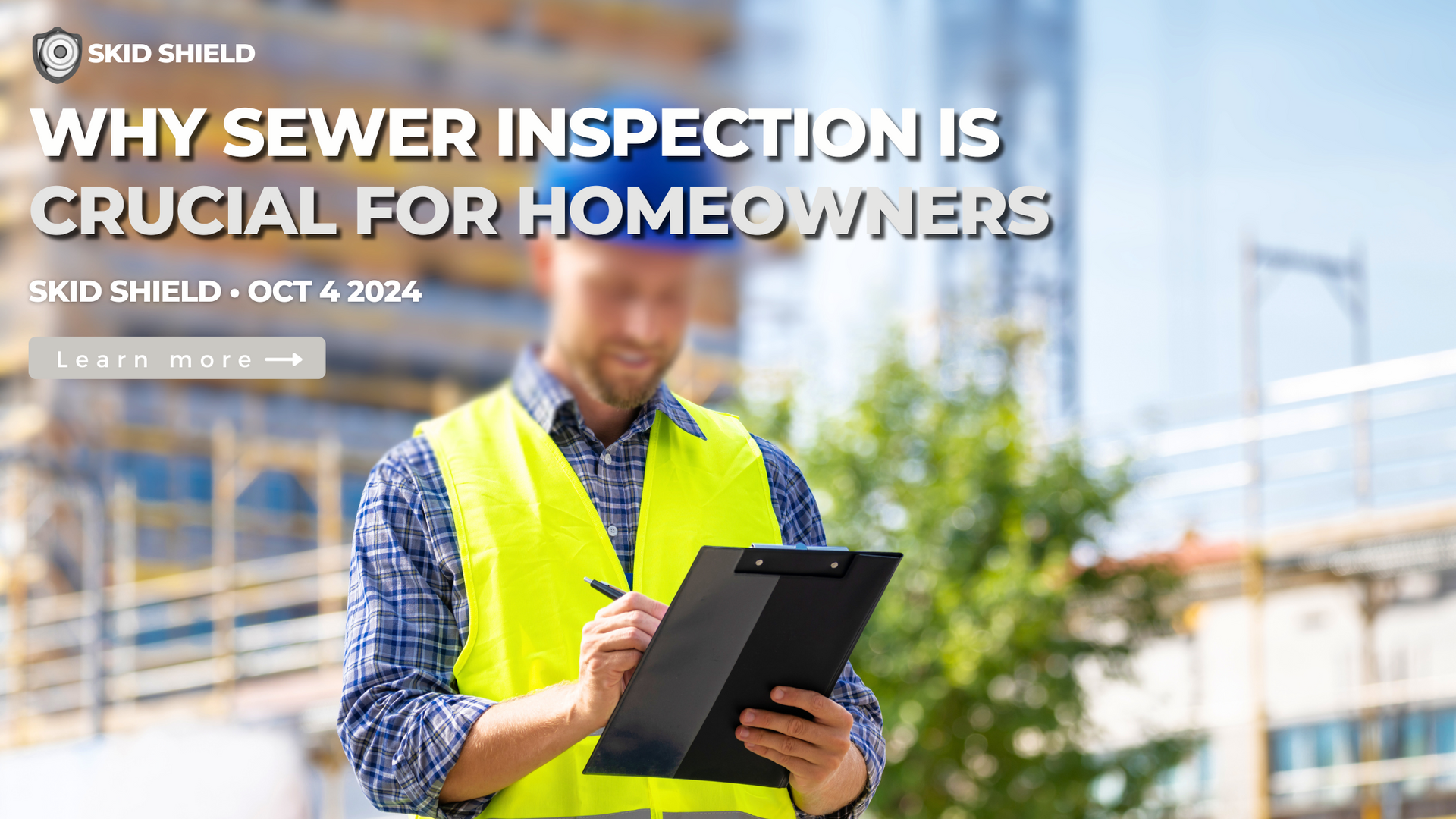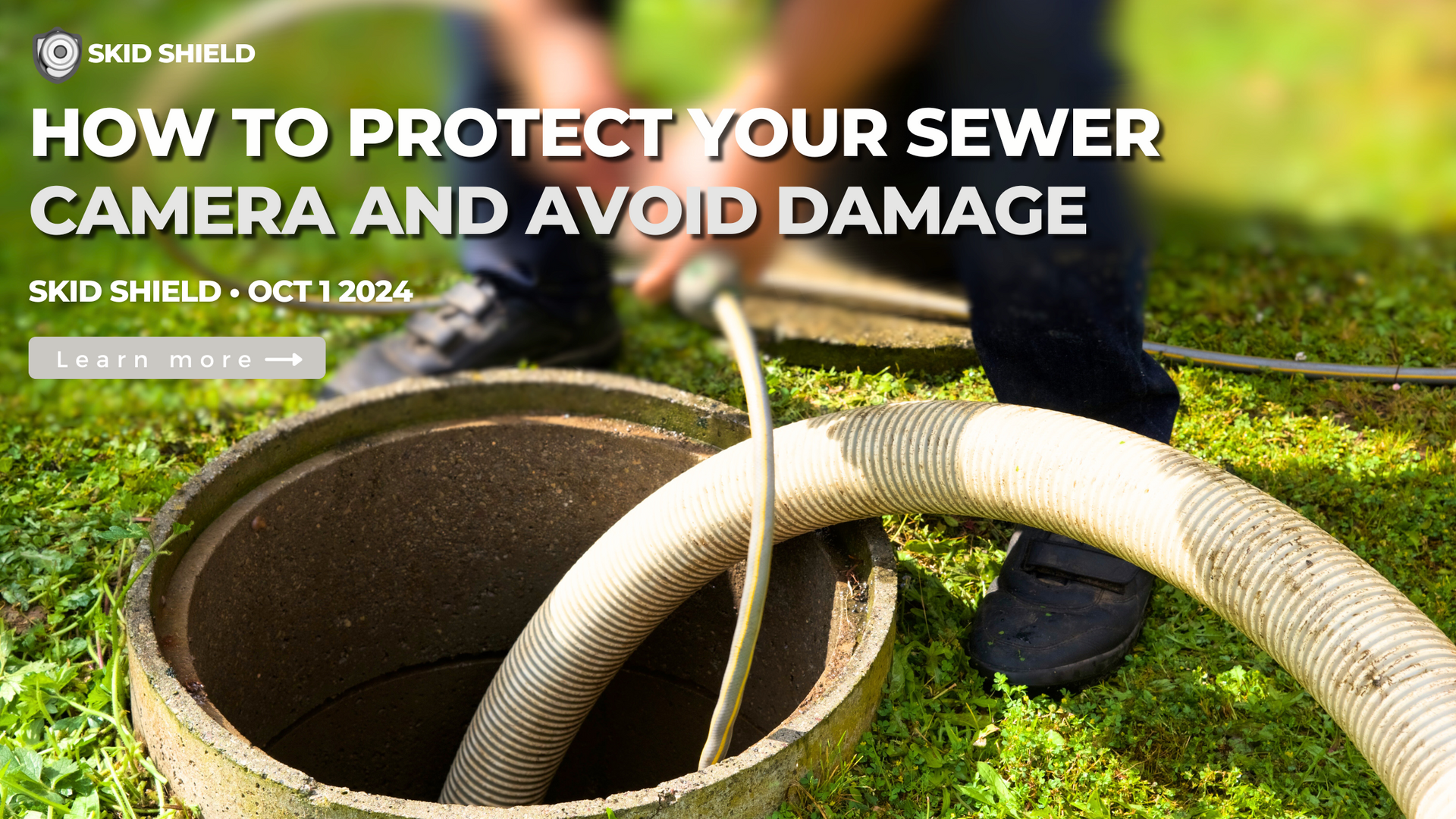720-390-8762
skidshield@gmail.com

Summer Water Conservation Tips: How to Save Water and Money
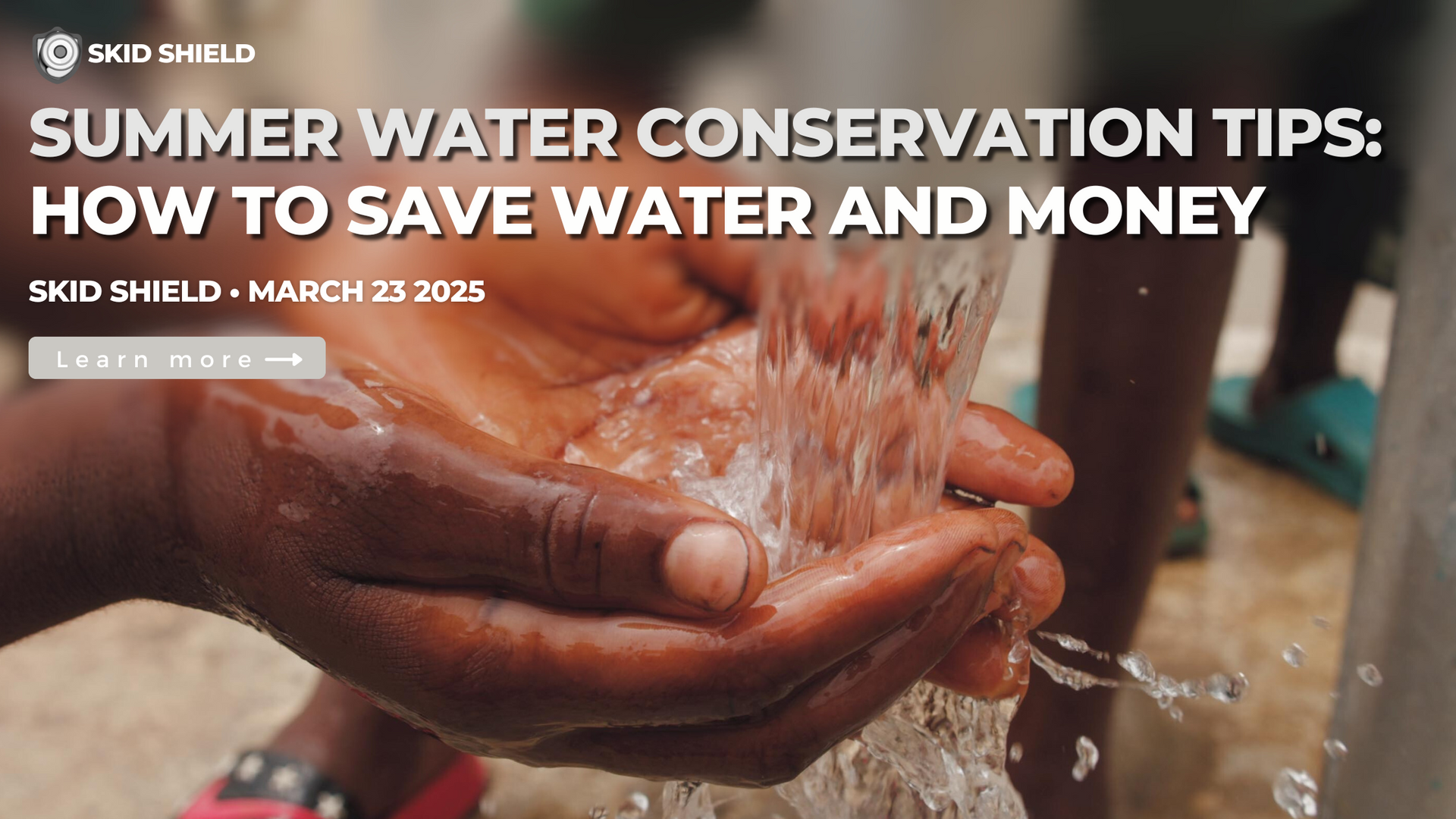
Summer Water Conservation Tips: How to Save Water and Money
As summer arrives, the days get longer, the temperatures rise, and water usage increases. Between keeping lawns green, filling up the pool, and staying cool with sprinklers or showers, water bills tend to spike. But there are plenty of ways you can reduce your water consumption, save money, and still enjoy all the benefits of summer. In this blog, we’ll share some practical water conservation tips to help you cut back on your usage without sacrificing comfort.
1. Water Your Lawn Wisely
Your lawn is one of the biggest water users during the summer, but there are ways to keep it green without wasting water.
- Water Early in the Morning or Late in the Evening: Watering your lawn during the early morning or late evening hours helps prevent evaporation caused by the midday sun. This ensures that the water reaches the roots and doesn’t just evaporate into the air.
- Use a Rain Barrel: Collect rainwater in a rain barrel to water your garden or lawn. This is a sustainable and cost-effective way to reduce your water usage.
- Install a Smart Irrigation System: Upgrade your sprinkler system to a smart irrigation system that adjusts the water schedule based on weather conditions. This helps avoid over-watering and ensures your lawn gets just the right amount of moisture.
2. Fix Leaks Quickly
A small drip might seem like no big deal, but over time, those little leaks can add up to gallons of wasted water.
- Inspect for Leaks: Check faucets, showerheads, and pipes for any leaks. If you notice a leak, fix it as soon as possible to prevent unnecessary water wastage.
- Replace Old Fixtures: Consider replacing older, inefficient faucets and showerheads with low-flow models. These fixtures can reduce water usage by as much as 50% without sacrificing water pressure.
3. Switch to Low-Flow Fixtures
One of the easiest ways to save water is to install low-flow fixtures in your kitchen, bathroom, and outdoor spaces.
- Low-Flow Faucets and Showerheads: These fixtures are designed to use less water while maintaining adequate pressure. Switching to low-flow showerheads, aerators, and faucets can cut your water consumption by a significant amount.
- Efficient Toilets: Consider upgrading to a high-efficiency toilet that uses less water per flush. Older toilets can use up to 5 gallons per flush, while newer models use as little as 1.28 gallons, saving water and money.
4. Shorten Your Showers
Long, hot showers may feel great on a summer day, but they can lead to excessive water usage.
- Take Shorter Showers: Cutting your shower time down by just a few minutes can save hundreds of gallons of water each month. A quick, refreshing shower is just as effective as a long one and helps conserve water.
- Turn Off the Water When Washing: If you’re shaving or washing your hair, turn off the water while you’re lathering or scrubbing. This simple action can save a significant amount of water over time.
5. Use Water-Efficient Appliances
During the summer months, your washing machine and dishwasher work overtime, especially with all those extra loads of laundry and dishes.
- Run Full Loads: Only run your washing machine or dishwasher when they’re full. This reduces the number of cycles and helps save both water and energy.
- Upgrade to Energy-Efficient Models: If your appliances are old and inefficient, consider upgrading to water-efficient models that use less water per cycle. Energy Star-rated washers and dishwashers are great options for reducing water consumption.
6. Install a Pool Cover
If you have a swimming pool, evaporation can lead to significant water loss, especially in the hot summer months.
- Use a Pool Cover: Using a pool cover when your pool isn’t in use can drastically reduce evaporation, saving thousands of gallons of water over the summer. Plus, it’ll help keep the pool cleaner, reducing the need for chemicals and maintenance.
7. Avoid the Garden Hose for Cleaning
During summer, we often use a garden hose to clean everything from the driveway to the car. However, garden hoses can waste a lot of water.
- Use a Broom or Pressure Washer: Instead of using the hose to clean outdoor areas, try using a broom to sweep driveways or patios. If you must use water, a pressure washer uses less water than a hose while being more effective.
- Wash Your Car with a Bucket: Washing your car with a bucket of soapy water and a sponge can save gallons compared to using a running hose.
8. Mulch Your Garden Beds
Mulching around plants and garden beds can help retain moisture in the soil, reducing the need for frequent watering.
- Use Organic Mulch: Apply mulch around your plants to help the soil retain moisture and regulate temperature. This will reduce the frequency of watering needed, helping you conserve water while keeping your garden healthy.
9. Check Your Sprinkler System
Sprinkler systems are one of the biggest culprits of water wastage, especially when they’re improperly calibrated or running during rainy days.
- Adjust Your Sprinklers: Ensure that your sprinkler system is properly adjusted so that it’s watering only the areas that need it, like your lawn and garden beds. Avoid watering sidewalks, driveways, or other non-landscaped areas.
- Set a Timer: Set timers on your sprinklers to avoid over-watering. An automatic timer will help you control the amount of time each area gets watered.
Conclusion
Conserving water during the summer doesn’t mean you have to sacrifice comfort or convenience—it’s all about making smarter choices. By following these tips, you can significantly reduce your water usage, lower your utility bills, and help protect the environment. From simple fixes like repairing leaks to larger changes like upgrading to water-efficient appliances, every small step counts.
If you’re looking to take your water conservation efforts a step further, contact us today! Our expert plumbers can help with everything from installing low-flow fixtures to inspecting your irrigation system to ensure you’re making the most of your water usage this summer.
FAQ: Summer Water Conservation Tips
1. Why should I conserve water during the summer?
- Summer often brings an increase in water usage for outdoor activities, irrigation, and cooling systems, leading to higher water bills. Conserving water helps reduce costs, ensures a sustainable water supply, and minimizes the environmental impact.
2. How can I reduce my lawn's water usage?
- Water your lawn early in the morning or late in the evening to prevent evaporation. Additionally, using a rain barrel to collect rainwater and installing a smart irrigation system can help conserve water without sacrificing the health of your lawn.
3. How much water do low-flow faucets and showerheads save?
- Low-flow fixtures can reduce water usage by up to 50%, without sacrificing water pressure. Low-flow showerheads typically use less than 2.5 gallons per minute (gpm), while regular showerheads can use up to 5 gallons per minute.
4. What are the benefits of using a pool cover?
- A pool cover significantly reduces evaporation, saving thousands of gallons of water over the summer. It also keeps your pool cleaner, which means fewer chemicals and less maintenance, saving you both time and money.
5. Can I still have a green lawn and save water?
- Yes! By watering in the early morning or late evening, using efficient irrigation systems, and applying mulch around garden beds, you can keep your lawn green while conserving water. Smart water management ensures your yard stays lush without wasting resources.
6. What’s the best way to clean my driveway or patio without wasting water?
- Instead of using a hose, try sweeping your driveway or patio with a broom. If you need to use water, a pressure washer is more water-efficient than a hose. These simple changes can save gallons of water while still keeping your outdoor spaces clean.
7. How do I know if my appliances are water-efficient?
- Look for the Energy Star label when purchasing washing machines or dishwashers. Energy Star-rated appliances are designed to use less water and energy. Additionally, only run these appliances when they are full to maximize efficiency.
8. How can I detect and fix leaks in my plumbing?
- Check for signs of leaks, such as damp spots, dripping faucets, or low water pressure. If you find any, repair or replace the faulty fixtures promptly. A small drip can waste hundreds of gallons of water each month.
9. How does mulching help conserve water in my garden?
- Mulch helps retain moisture in the soil by reducing evaporation, which means your plants require less frequent watering. It also regulates soil temperature and prevents weeds, creating a healthier and more water-efficient garden.
10. What’s the most effective way to cut down on shower water usage?
- Shortening your shower time and turning off the water while shampooing or shaving can save a significant amount of water. Installing a low-flow showerhead will also reduce water use without compromising water pressure.
Roman Fairchild
CEO, Skid Shield
Website:
skidshield.store
Email: skidshield@gmail.com
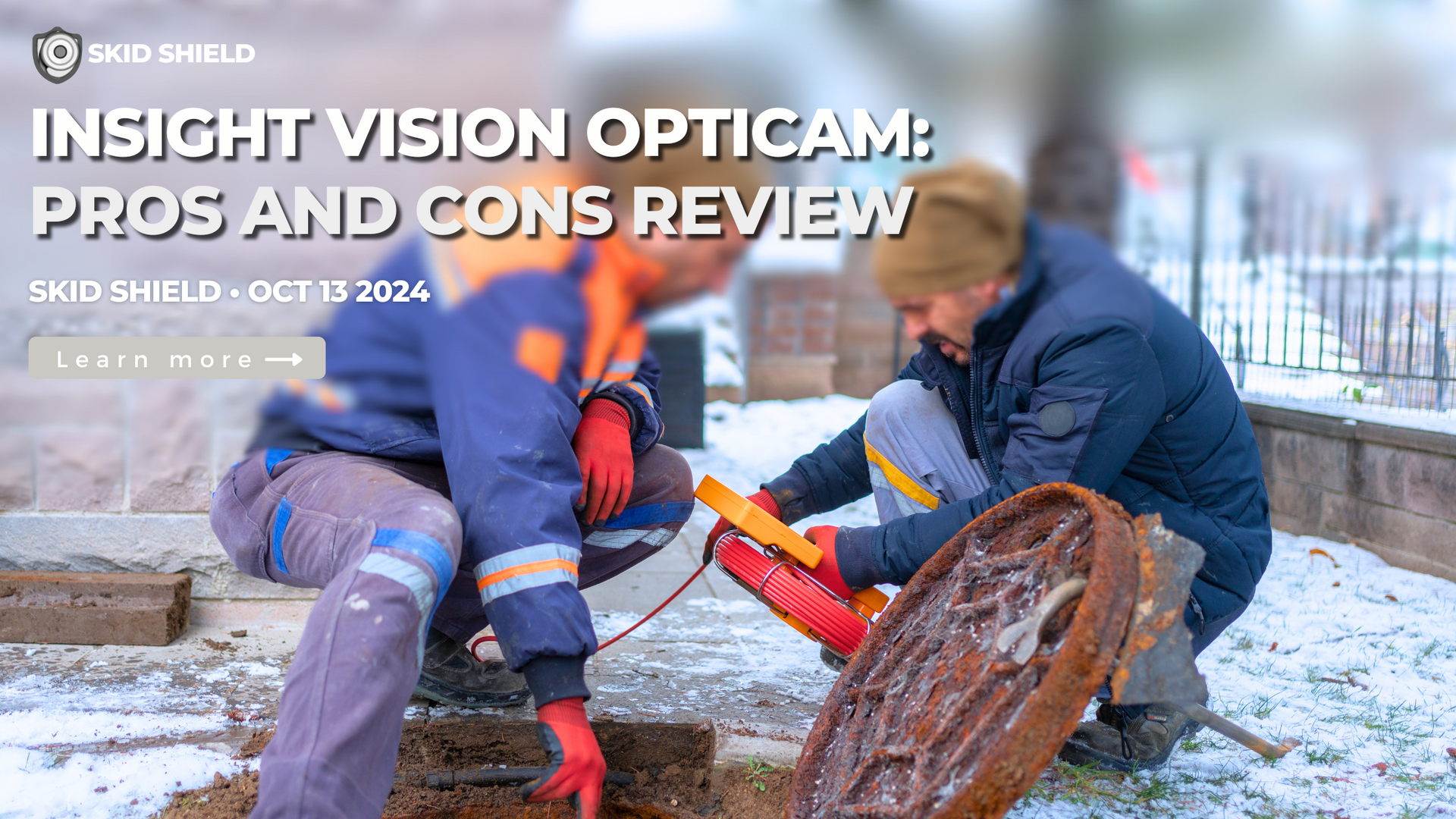

All Rights Reserved | SkidShield
Commerce City, Colorado United States
720 390 8762 | skidshield@gmail.com
